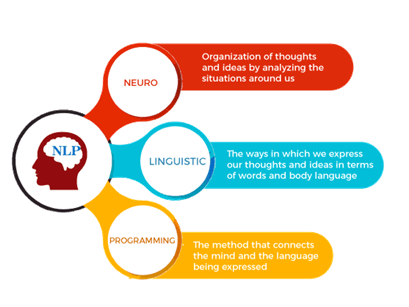

Only scattered studies have employed sound empirical methods for behavioral psycholinguistic research (e.g., Fedorova, 2009) or for further elaborating Luria's theory of higher cortical functions (e.g., Homskaya and Moskvin, 2000 Akhutina, 2002). Despite this heritage, research in psycho- and neurolinguistics in the beginning of the twenty-first century remained fragmented and often only qualitative (for a critical review, see Fedorova, 2020). Similarly, the Russian neuropsychology school formed by Alexander Luria in the middle of the twentieth century has been very prolific in clinical research ( Luria, 1980) and influential within and outside of Russia ( Tupper, 1999). Russia has rich theoretical and behavioral research traditions in linguistics, starting in the late nineteenth and early twentieth century with the works of, among others, Ivan Baudouin de Courtenay and Lev Shcherba, and continuing with pioneering studies in structural linguistics by Roman Jakobson and more contemporary works in psycholinguistics by Revekka Frumkina, Alexey Leontiev, Stella Tseitlin, Tatiana Chernigovskaya and many others ( Berezin, 1984 Alpatov, 2005).

We hope that this critical appraisal of our experiences can serve simultaneously as an inspiration and a practical guide for other groups developing research, clinical, and educational programs in different neuroscientific disciplines across the globe and aiming to improve the quality of the neuroscientific information available to the public. We will delineate specific milestones of this journey and focus on the main pillars that have contributed to our progress: research, clinical work, teaching, and public outreach programs. In this paper, we will share our joint experiences in establishing, building, and promoting a neurolinguistics research center in Russia and the impact that this work has had on the broader public. Together, these efforts aim to increase scientific knowledge in a multi-professional audience. Notable examples of public outreach programs at the Center are the Annual Summer Neurolinguistics School attracting hundreds of attendees from different countries each year, and community projects focused on raising awareness about aphasia. Within research projects, a new generation of scientists is successfully being fostered, while a broader student audience is reached via courses taught by staff of the Center to students of different majors. Specifically, translational research at the Center is contributing to the advancement of clinical practice in Russia: from providing the first standardized aphasia language test to implementing protocols for intraoperative language mapping in neurosurgery departments across the country. The overarching aim of the Center's research is to promote scientifically grounded treatment of the language-brain relationship in the educational, clinical, and industry settings. The Center has grown from a small group of young researchers to a large interdisciplinary unit that conducts cutting-edge research utilizing multi-site settings and novel structural and functional neuroimaging methods. An academic response to this was the establishment of the Center for Language and Brain at the HSE University, Moscow, which focused on experimental psycho- and neurolinguistic research and related evidence-based practices. Russia has rich theoretical and behavioral research traditions in neurolinguistics and neuropsychology, but at the beginning of the twenty-first century contemporary experimental research in these disciplines remained limited, leading to proliferation of non-evidence-based approaches in education, healthcare, and public beliefs. 3Department of Experimental Study of Speech, Institute of Linguistics, Russian Academy of Sciences, Moscow, Russia.2Center for Language and Brain, HSE University, Moscow, Russia.1Aphasia Recovery Lab, Department of Psychology, University of California, Berkley, Berkley, CA, United States.

Ivanova 1,2 * Svetlana Malyutina 2 Olga Dragoy 2,3


 0 kommentar(er)
0 kommentar(er)
